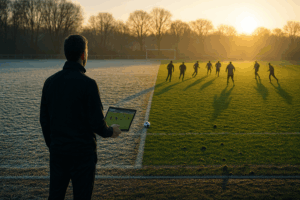
Ralf Rangnick, often referred to as “The Professor", has impressed the football world with his innovative training methods and tactical finesse. With his appointment as coach of the Austrian national team, the Austrian Football Association has big plans to raise the team to a new level of performance. This article looks at Rangnick's training and playing style, his successful time at Red Bull and how he integrates modern data and video analysis into his work.
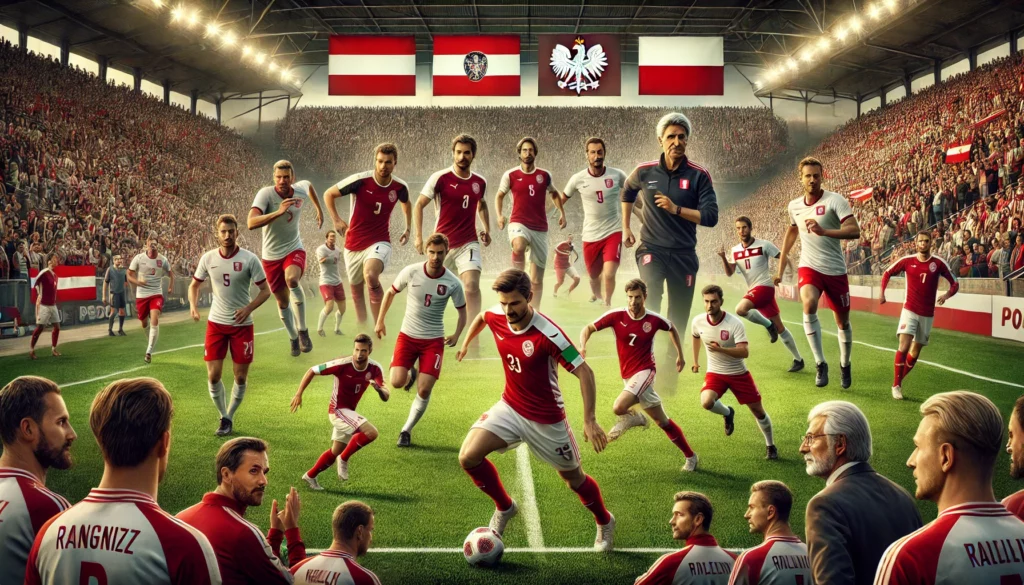
The Austrian national team is facing a decisive phase in the group stage of the European Championship qualifiers. After an intense and hard-fought match against France, which unfortunately ended in a narrow 1-0 defeat, Ralf Rangnick's team is facing more challenges than ever. Despite the defeat, the Austrians put in a courageous performance that gives hope for the matches ahead. Their defensive work was solid, but they still need to make more of an impact in attack. The focus is now on the decisive game against Poland on Friday. This game is seen as a key match to keep their chances of reaching the round of 16 alive. It will be crucial to be successful against the strong Poles, especially in attacking play and in capitalising on chances. Expectations are high and the Austrian team is ready to prove its class.
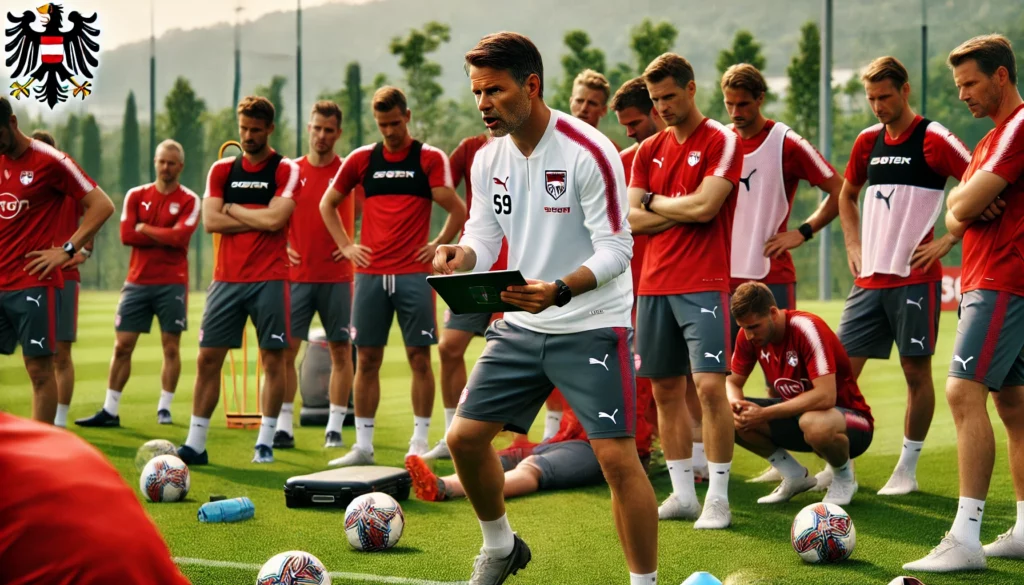
Ralf Rangnick is known for his intense and dynamic style of play, which is strongly characterised by so-called "counter-pressing". This style aims to put the opponent under pressure as soon as the ball is lost in order to win it back quickly and put them in an attacking position. "The Professor" firmly believes that the best opportunities arise when the opponent is unprepared and is just switching over.
- Counter-pressing: This style of play requires a high level of physical fitness and discipline from the players. The team must act as a cohesive and synchronised unit in order to put the opponent under pressure effectively.
- Quick transitions: After winning the ball, the team plays quickly and purposefully forwards. These transitional plays are key to Rangnick's philosophy of taking the opposition by surprise.
- Spatial distribution and positioning: Rangnick attaches great importance to the correct spatial distribution and positioning of players. Each player must know exactly where to stand and when in order to make the most of pressing and switching moments.
Ralf Rangnick's training methods are as modern as his tactical approaches. He favours intensive and well-structured training that promotes both the physical fitness and tactical training of the players.
- Intensity and endurance: Rangnick demands a high level of physical fitness from his players. His training sessions are intensive and demand both stamina and speed.
- Tactical training: Rangnick uses special exercises and match situations to convey his tactical ideas. These include pressing and fast transition play.
- Individual development: In addition to team training, Rangnick attaches great importance to the individual development of the players. This involves developing both technical skills and tactical understanding.
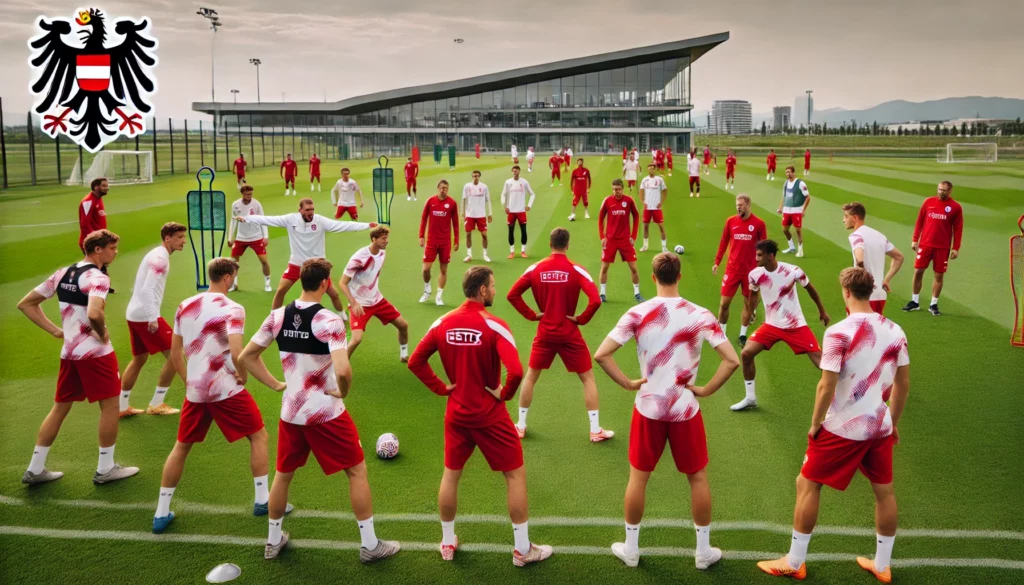
An important part of Rangnick's career was his time at Red Bull clubs, in particular RB Leipzig and Red Bull Salzburg. It was here that he developed and refined many of his methods that are so successful today.
- RB Leipzig: Rangnick joined RB Leipzig as sporting director in 2012 and led the club from the fourth division to the Bundesliga. His strategy was based on a clear philosophy: to sign young, talented players who fit into his pressing and transitional game. Under his leadership, RB Leipzig not only achieved promotion to the Bundesliga, but also finished second in the 2016/17 season.
- Red Bull Salzburg: In parallel to his work at RB Leipzig, Rangnick played a key role in the development of Red Bull Salzburg. The club dominated the Austrian Bundesliga and also played an increasingly important role at European level. Rangnick's influence was clearly evident in the team's style of play - aggressive, dynamic and always focussed on ball possession.
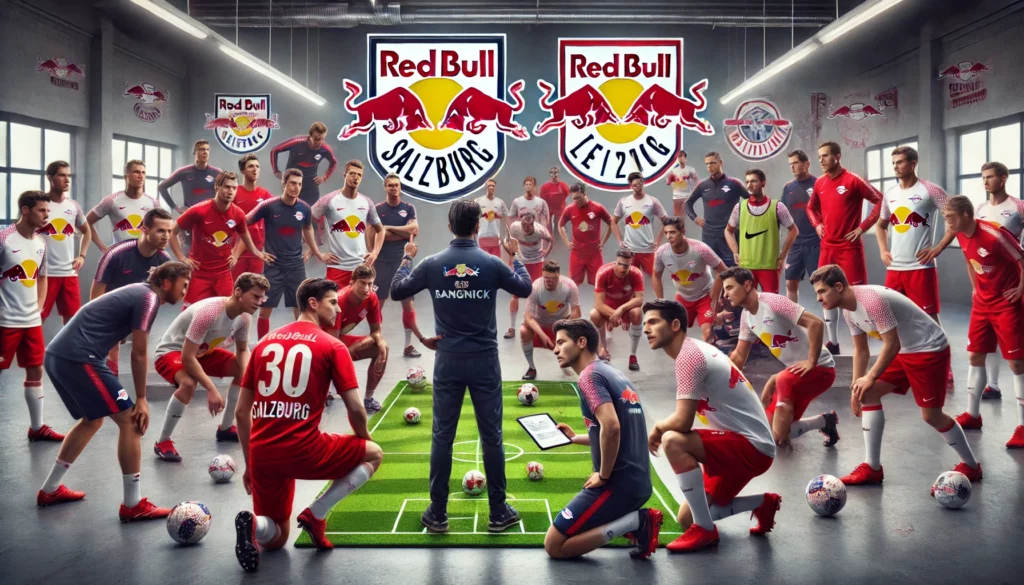
Lars Kornetka is a renowned football coach and video analyst who has made a name for himself in professional sport with his expertise in detailed match analysis. He began his career as an analyst and over the years has developed into one of the leading minds in this field. Kornetka is best known for visualising complex match situations and providing tactical insights that help teams to significantly improve their performance.
Together, they have perfected their way of playing football. This has also been evident in the Austrian national team for around two years. The two have known each other for a long time. During their collaboration, particularly at Schalke 04 and later at RB Leipzig, they jointly promoted the use of detailed video analysis in football. Kornetka, who specialises in the visual breakdown of match scenes, ideally complements Rangnick's tactical skills by deciphering complicated patterns of play and opponent strategies to help optimise team performance. Their partnership emphasises the importance of technological support in modern football and makes them pioneers in the use of data-based training methods.
Ralf Rangnick has shown in his previous positions, including at Manchester United, how valuable the consistent use of video analysis is in modern football. At all of his clubs, video analysis was an integral part of daily training and match preparation. Rangnick used the technology to analyse both the individual performance of players and tactical aspects of team play in detail. By analysing the match recordings of each training session, he can precisely identify the weaknesses and strengths of his players and develop targeted training measures.
- Data analysis: With the help of data analysis, Rangnick can collect precise statistics on running routes, passing accuracy, pressing efficiency and many other aspects of his players' play. This data helps to recognise weaknesses and work on them in a targeted manner.
- Video analysis: With the help of video analysis, Rangnick can analyse match scenes in detail and visually show the players where there is room for improvement. This allows his tactical concepts to be communicated more precisely and clearly.
- Feedback and adjustments: The collected data and videos are not only used for analysis, but also for continuous improvement. Rangnick uses this information to continuously adapt his training and prepare optimally for the upcoming matches.
Do you want to lead your team to success like Ralf Rangnick? Find out how advanced video analytics technologies like zone14 can help your team too. Get a free zone14 REPLAY demo account and try out all our features.
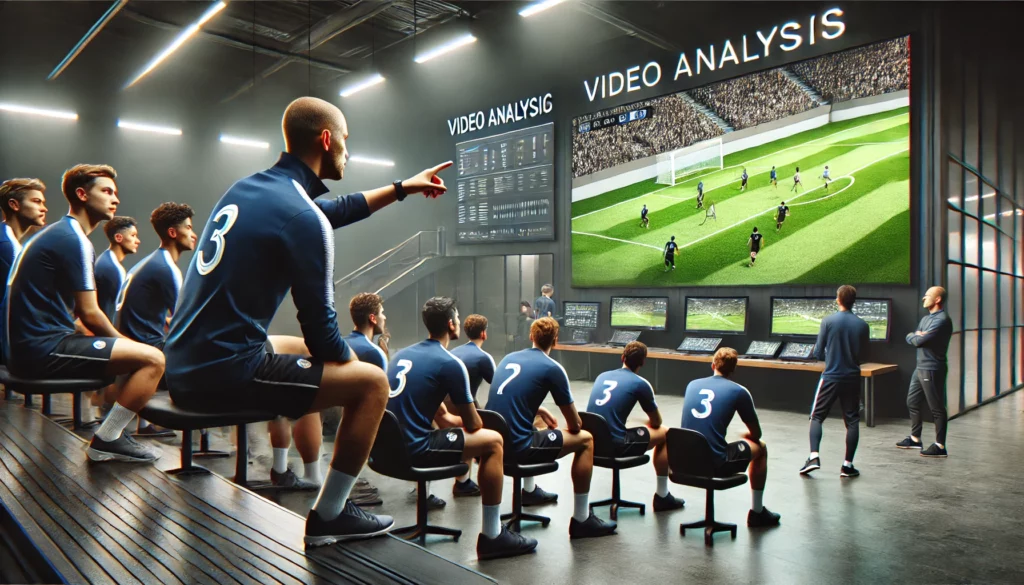
The introduction of Ralf Rangnick as coach of the Austrian national team has already borne its first fruits. The team is showing greater intensity in the game and appears to be better trained tactically. The use of data and video analysis has helped to improve the players' individual performances and make the team stronger as a whole.
Rangnick has succeeded in bringing a new dynamic and a higher level of professionalism to the team. His focus on discipline, fitness and tactical finesse has modernised the Austrian national team's style of play and significantly increased its potential.
- New playing culture: Under Rangnick, a new playing culture has developed that emphasises intensity and winning the ball quickly. This culture has not only motivated the players, but also increased the interest of the fans.
- Talent development: Rangnick attaches great importance to the development of young talent. Thanks to his contacts and experience at the Red Bull clubs, he has access to a network of young, talented players who have the potential to strengthen the national team.
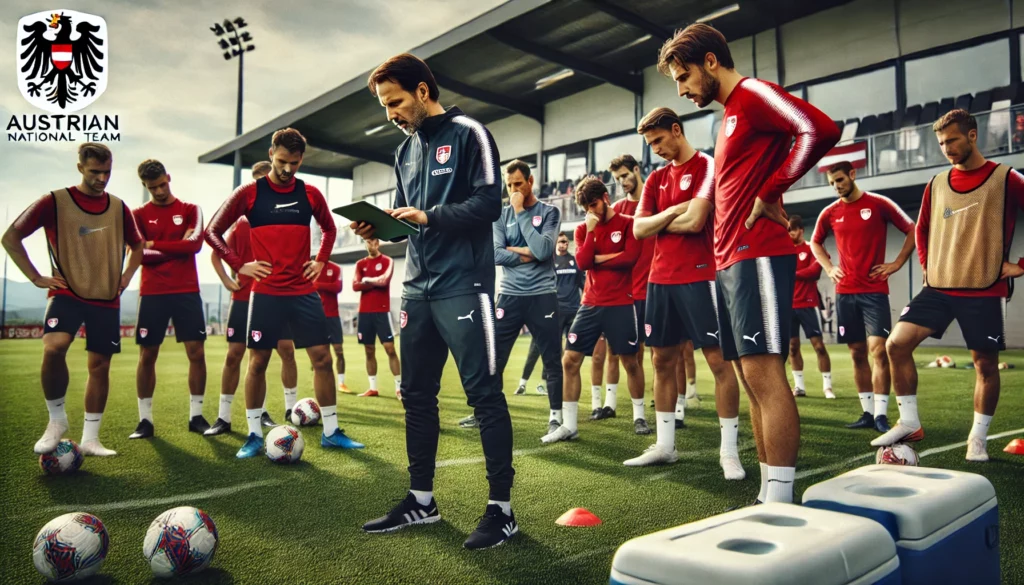
Ralf Rangnick has taken an important step in the development of Austrian football with his commitment as coach of the Austrian national team. His innovative training and playing style, coupled with the integration of state-of-the-art data and video analyses, has raised the team to a new level. The experience and success he has gained at the Red Bull clubs is now being channelled into his work with the national team and promises a promising future. It will be interesting to see how these developments will affect the future success of the national team. The "Professor" certainly has the potential to usher in a successful era in Austrian football.